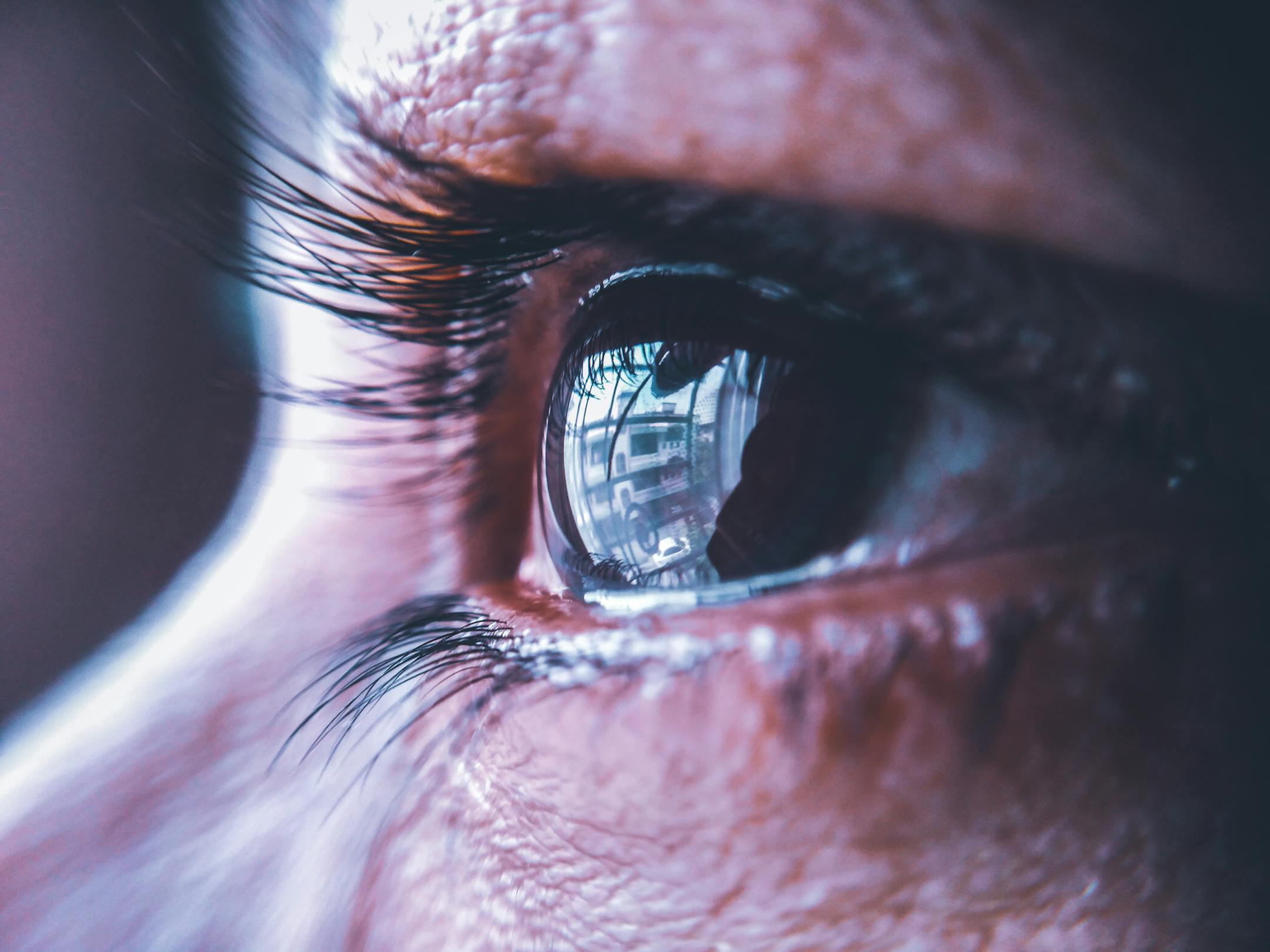
The Overlooked Link Between Untreated ADHD and Substance Use
Not all ADHD looks like fidgeting or poor grades. Some of the most capable, successful adults I’ve worked with spent years overcompensating for symptoms no one ever named. And behind their achievements is often a story of self-blame, exhaustion, and in some cases, hidden substance use.
As a therapist who specialized in substance use treatment during my MSW program, I learned early on that addiction is rarely just about the substance—it’s about the need it’s filling. Later, as I began working with high-achieving, neurodivergent clients, the connection between untreated ADHD and substance use became impossible to ignore.
High Achievement Can Hide Neurodivergence
If you’re someone who’s always gotten things done—but only under pressure, in chaos, or with an unhealthy amount of caffeine—you’re not alone.
Many of my clients say things like:
They didn’t get diagnosed with ADHD because from the outside, they looked like they were doing fine. But internally, it was a different story: mental fatigue, emotional reactivity, chronic stress, and constant self-doubt.
These individuals often grew up in environments where asking for help wasn’t an option. So they learned to adapt, survive, and perform. But the cost? Burnout—and sometimes, dependence on substances that helped them feel normal.
And they’re far from alone. Research suggests that up to 75% of adults with ADHD are undiagnosed (Kessler et al., 2006). Many of them are high-functioning professionals who excel on paper but struggle internally. They’ve simply become masters of masking.
Another study published in Current Psychiatry Reports notes that ADHD often presents differently in adults—especially women and those with inattentive symptoms—leading to underrecognition and misdiagnosis. High cognitive ability can further obscure ADHD symptoms, because intelligence is often mistakenly assumed to negate executive functioning struggles (Antshel et al., 2011).
In other words, high achievement doesn’t mean ADHD isn’t there. It just means it’s harder to see.
ADHD Doesn’t Always Show Up on Testing
Another layer to this story is masking. Many high-achieving adults—especially women, first-generation professionals, and people of color—learn to hide or work around their symptoms from a young age.
They become the perfectionists. The reliable ones. The over-preparers.
By the time they seek support as adults, their symptoms are so deeply masked that even psychological testing may miss them. Assessments often focus on childhood disruption or observable behaviors. But these clients weren’t disruptive—they were silently struggling.
I’ve worked with many individuals who were told “you don’t meet the criteria” even though they had every lived experience of ADHD. That mismatch between experience and validation only adds to the shame they already carry.
It’s also important to note that some people are unknowingly self-medicating—especially with substances like caffeine, nicotine, or cannabis. If someone drinks several cups of coffee a day just to stay focused, they may appear regulated during testing. Their symptoms might be temporarily “masked” by these substances, leading clinicians to overlook underlying executive functioning challenges.
This is particularly true for high performers, who may excel in structured environments or test settings—but struggle deeply with everyday tasks like managing time, switching gears, or maintaining emotional regulation. These real-life difficulties often don’t show up on a cognitive screener or symptom checklist, especially when the person is used to pushing through discomfort without asking for help.
Why Substances Become a Coping Strategy
This is where substance use often comes in—not as a form of partying or escape, but as a subtle, sometimes unconscious attempt to regulate the nervous system.
Common patterns I see:
These behaviors aren’t about weakness. They’re about survival—especially for people who’ve never had access to proper ADHD support or tools.
The Dopamine Disconnect: Why ADHD Brains Seek Stimulation
A major piece of this puzzle is dopamine. ADHD brains tend to have lower levels of dopamine, a neurotransmitter responsible for motivation, pleasure, and reward. This means tasks that are boring, repetitive, or delayed in gratification can feel unbearably difficult.
That’s not laziness—it’s neurobiology.
Substances like nicotine, cannabis, alcohol, and even sugar provide a temporary dopamine boost, which can feel like instant relief to someone with ADHD. Over time, this creates a cycle of dependency—not because someone is reckless, but because their brain is simply seeking regulation and stimulation in any way it can.
This is also why many of my clients tell me they function “better” with certain substances—because for the first time, they feel calm, focused, or emotionally balanced. Unfortunately, that short-term fix often leads to long-term consequences, especially when the underlying ADHD remains unaddressed.
When we understand this dopamine disconnect, the shame starts to fall away—and treatment becomes less about restriction, and more about creating sustainable ways to feel good, centered, and in control.
The Shame-Perfection-Substance Loop
When someone has spent years holding everything together through brute force, a quiet cycle tends to emerge:
In my experience, this isn’t just about addiction—it’s about a lifetime of unmet needs.
What I Focus on in Treatment
My approach with these clients isn’t just about reducing symptoms—it’s about helping them rewrite their story.
I also take cultural factors into account—especially in clients from immigrant, South Asian, or Muslim backgrounds, where emotional or behavioral struggles may have been ignored, stigmatized, or moralized.
Final Thoughts
If you’ve spent your life “figuring it out” on your own, only to end up feeling overwhelmed, emotionally raw, or reliant on substances just to get by—please know this:
You didn’t fail. You adapted.
You developed strategies to cope without knowing what you were coping with. Now that you have a name for it, you don’t have to do it alone.
At Crescent Counseling & Coaching, I specialize in helping high-functioning, neurodivergent adults make sense of their inner world and finally find the relief they’ve been searching for—not through more overworking, but through clarity, compassion, and the right tools.
References
If you’re ready to break patterns, build clarity, and feel seen— Book a free 15-minute consultation or schedule your first session today!